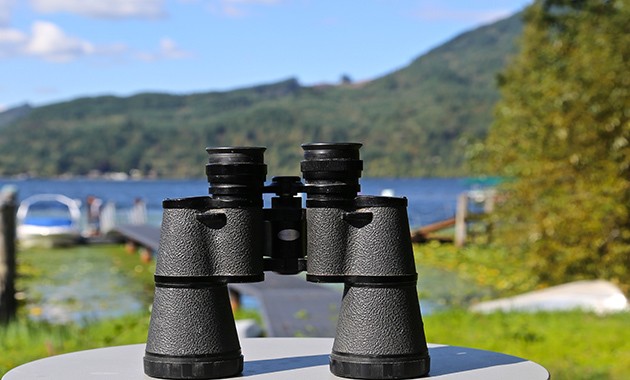Can’t See Your Ad? Here’s Why
by Brandon Trame
Breaking: When it comes to running a PPC campaign, you be wondering why you’re not seeing your ads when you Google your target keywords, but trust us, there’s no reason for alarm.
Read time: 4 minutes
If you’re relatively new to the world of online advertising, pay-per-click marketing can seem like an unruly beast. There are dozens of variables that must be taken into account when optimizing your campaigns, and it can be a little unsettling when things don’t seem to be falling into place like you might have envisioned. Perhaps you’ve tried to run a test before to see if your ad would show up when you Google your target keywords, but it’s nowhere to be found. Even after searching a few different variations of your primary keywords, you still don’t see your ad anywhere. What gives? Does that mean your ad is not running, or that you’ve already blown your budget for the day? In other words, how exactly can you be sure that 2060 Digital is making the most of your marketing dollars?
Not Seeing Your Ad? Don’t Panic!
Well, the good news is that if you don’t see your ad when you Google your campaign keywords, there’s no need to panic – it’s actually supposed to work that way. Keep in mind that our goal at 2060 Digital is to put together a highly optimized campaign that will be laser-targeted to reach your intended audience while also maximizing ad spend according to your projected budget. Part of this process is determining where your customers are, which can range in scope from targeting a particular ZIP code to focusing on a “macro” target such as a state or country.
Generally speaking, the broader your targeting gets, the more you open yourself up to larger audiences, but that will also spread your marketing dollars thinner due to the increased amount of competition. As you narrow down your targeting to focus on staying within very specific search parameters, you might receive fewer clicks on your ads, but the quality of the traffic will be higher, and you’ll get more bang for your buck in terms of focusing your budget on customers that will be most likely to respond to your product or service offering. For example, if you own a local car dealership, the ideal approach would be to zero in on people who live within a certain geographic radius of your business and are interested in buying a new car. This would be much better than bidding on general keywords (e.g., “Ford SUV,” etc.) that do not demonstrate any strong relevance to the audience you’re trying to target.
Making Good “Impressions”
Every time your ad shows up on a search results page, whether it is clicked or not, it is counted as an “impression.” Since the pay-per-click world functions on an auction-based format, all advertisers are bidding to compete for a share of the available impressions that Google might have for a given search term or keyphrase. Anytime you Google your target keywords to see whether or not your ads are running, you might be able to get your ad to trigger. However, keep in mind that it’s important for us to ensure that all available impressions are going to the users who are the most qualified candidates to produce conversion for your offer.
Don’t Click It
It’s important to remember that by Googling your search term or keyphrase, and clicking on your ad, you are charging yourself. Plus, this is one less click you can receive from a potential customer.
Bottom Line
Don’t Google yourself, because if you do and don’t click your ad, you’re actually reducing your CTR which will have a negative impact on your quality score. As a result, your ad rank could decrease or you may have to increase your CPC to maintain the same ad rank.
Summing It All Up
Our job at 2060 Digital is to make sure your campaign is being managed effectively so it can reach the most relevant potential customers for your business. Here are three things to keep in mind in that regard:
- Avoid conducting Google searches just for the purpose of seeing if your ad will show. This will negatively impact your campaign with 2060 Digital.
- Trust the reporting. Google’s analytics applications are mind-bogglingly robust, so if the reports are saying that your ads have been viewed a certain number of times, you can definitely rely upon those numbers.
- If you have any concerns, optimizations or ideas, please feel free to communicate them with your DBS or PM. We welcome all suggestions and input!
Ultimately, our goal at 2060 Digital is to maximize the reach of your campaign so that you can attract the most qualified prospects for your product or service offering. As we work together and commit to the tried-and-true practices of successful campaign management, your business will experience a higher level of consumer engagement, and achieve a higher ROI as a result.
SHARE
Posted in Digital Marketing, PPC

